Event - A Dialogue on Traditional Dance & Music
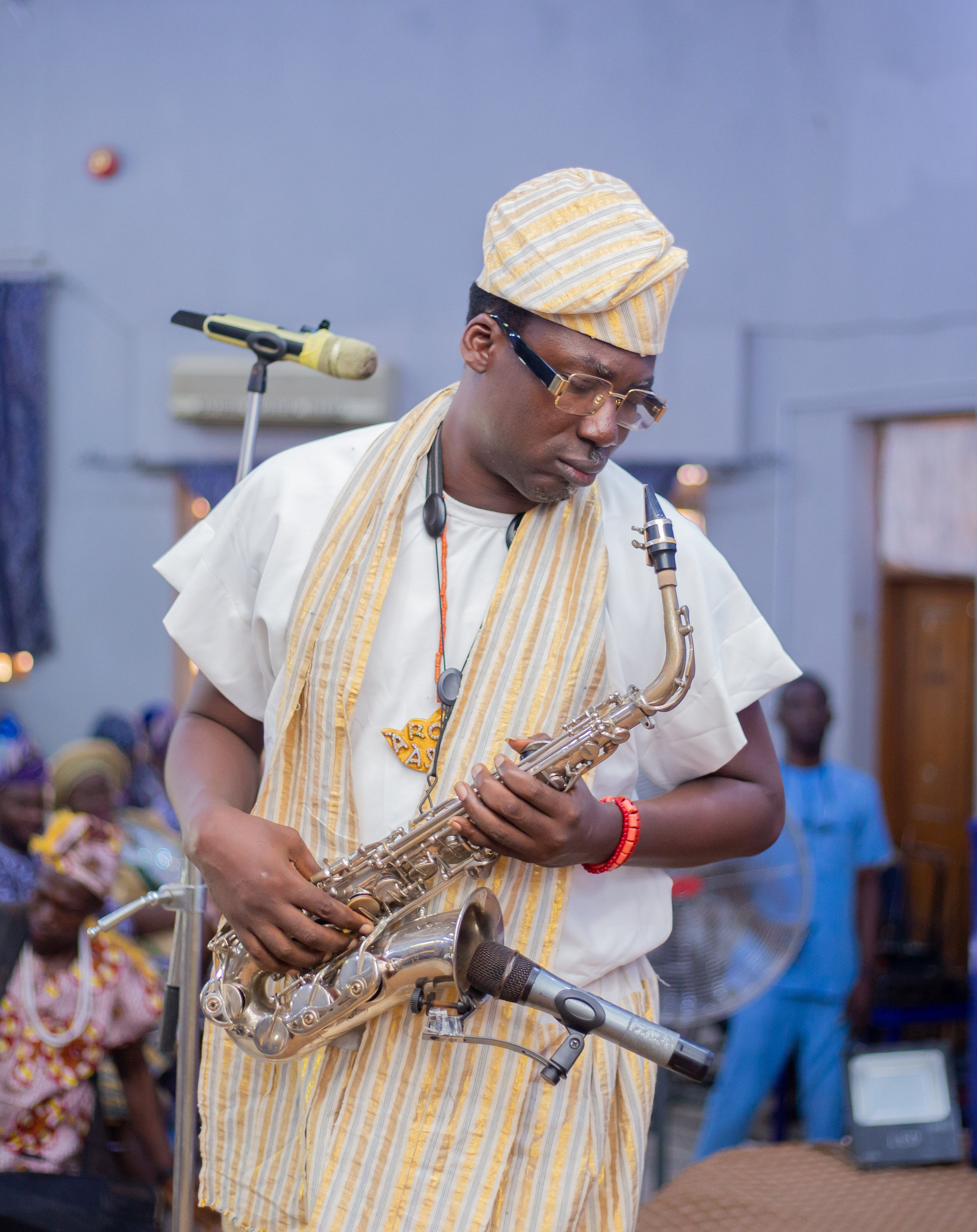 On 25 February, IFRA-Nigeria and the National Museum of Unity in Ibadan organized "A Dialogue on Traditional Dance & Music", featuring Dr. Olaolu Emmanuel Adekola, Research Fellow in African Music and Postgraduate Coordinator at the Institute of African Studies, University of Ibadan, and Oluyomi Duro Ladipo (Àrólé Àṣà), dancer, singer and stage performer. The event was a memorable one, attracting over 150 participants, among which many pupils from local schools, students from the Music Department of the Polytechnic Ibadan, Lead City University, the Director of the Institute of African Studies in the University of Ibadan Professor Sola Olorunyomi, Miss Ibadan, Commissioner of Culture for Oyo State Dr Wasiu Olatunbosun, local traditional authorities, State officials and several members of the Museum Staff.
On 25 February, IFRA-Nigeria and the National Museum of Unity in Ibadan organized "A Dialogue on Traditional Dance & Music", featuring Dr. Olaolu Emmanuel Adekola, Research Fellow in African Music and Postgraduate Coordinator at the Institute of African Studies, University of Ibadan, and Oluyomi Duro Ladipo (Àrólé Àṣà), dancer, singer and stage performer. The event was a memorable one, attracting over 150 participants, among which many pupils from local schools, students from the Music Department of the Polytechnic Ibadan, Lead City University, the Director of the Institute of African Studies in the University of Ibadan Professor Sola Olorunyomi, Miss Ibadan, Commissioner of Culture for Oyo State Dr Wasiu Olatunbosun, local traditional authorities, State officials and several members of the Museum Staff.
This event was held as part of the French Embassy Fund (FEF) "Nigerian Alternative Heritages" project, and featured a special guided tour of the Museum's collection of ancient instruments, a presentation of Nigerian traditional music, a riveting musical performance and finally a dialogue between research and artistic practice. You can learn more about this exciting event below!
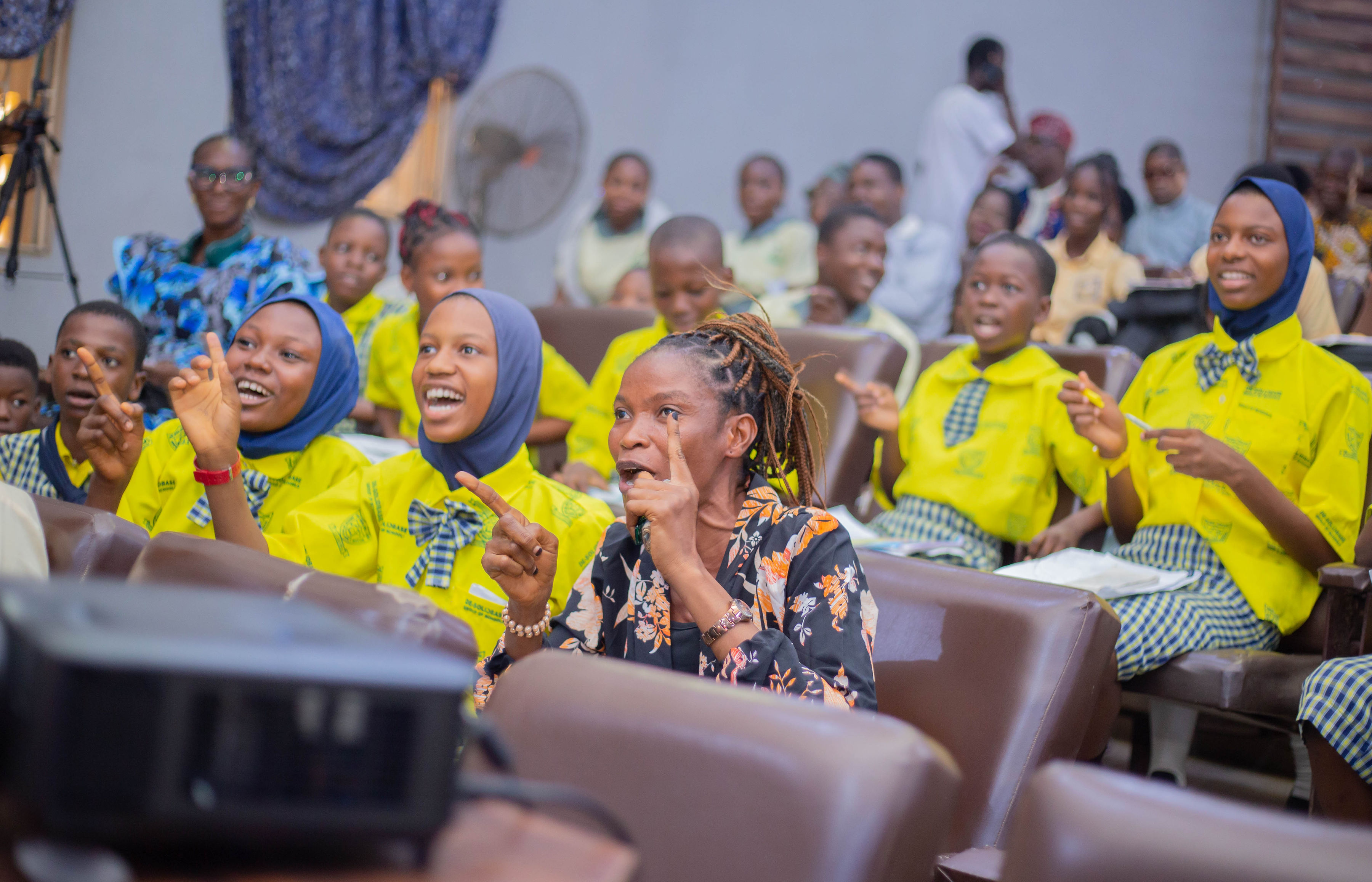
The conference began with opening remarks by the curator of the National Museum of Unity, Mrs. Oriyomi Pamela Otuka, and an introduction to the FEF project by Delphine Manetta, Deputy-Director of IFRA-Nigeria. The FEF is an instrument of the Embassy of France in Nigeria to support the country's civil society. IFRA-Nigeria's project, "Alternative Heritages", aims to highlight the forgotten or marginalized cultures of Nigeria. As part of the FEF, IFRA and the National Museum of Unity had already put together a project in November on traditional pottery.
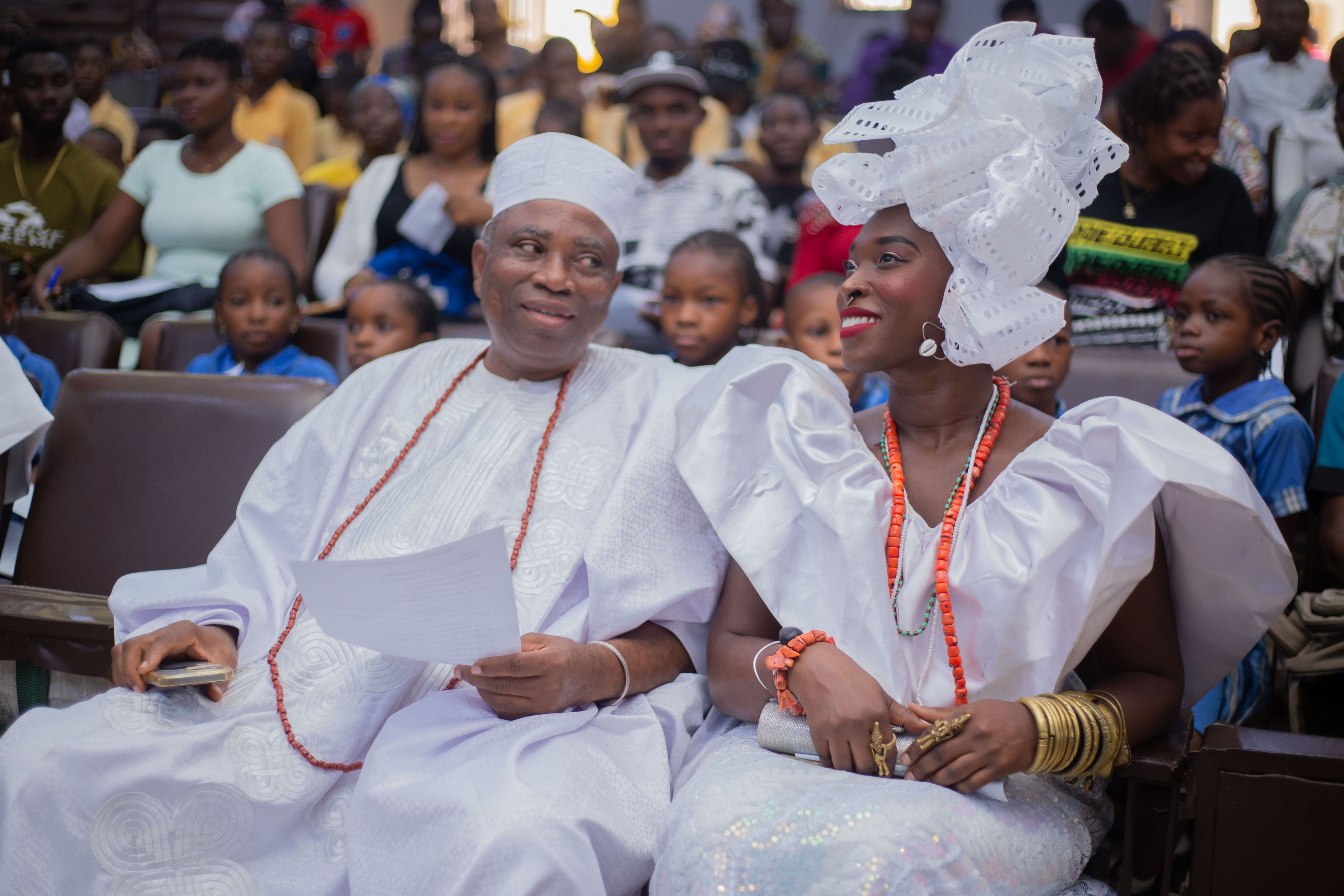
After introductions, Dr. Olaolu Adekola, presented his work on "Context and dynamics of traditional music and dance in Nigeria". He spoke of music as an intangible heritage, and of its importance in Nigerian society, where it marks significant events. Detailing the many contexts in which music and dance are present, from religious activities to social gatherings, he further demonstrated the role they play for Nigerians. Moreover, in Nigeria, these art forms are often collaborative by nature and a place of freedom and spontaneity for the performers. Dr. Adekola next explained the dynamism of music, its ability to transform along with society. The downside is making sure that innovation does not entirely override what already exists. One area of change is gender: while certain musical practices were previously restricted for women, we now see them embracing and adopting new practices. He concluded his talk on the topic of the opportunities for young Nigerians in the musical sector, and of those already inspired by traditional music.
Next, we had the chance to witness a musical and dance show by Yomi Duro Ladipo. Him and his team of dancers, singers and drummers performed rousing and vibrant songs which left the audience dancing and ended with a standing ovation. The event continued with even more engaging musical interactions, as the intervention of Commissioner for Culture in Oyo State, Dr. Wasiu Olatunbosun, was followed by a lively dance break for everyone on stage.
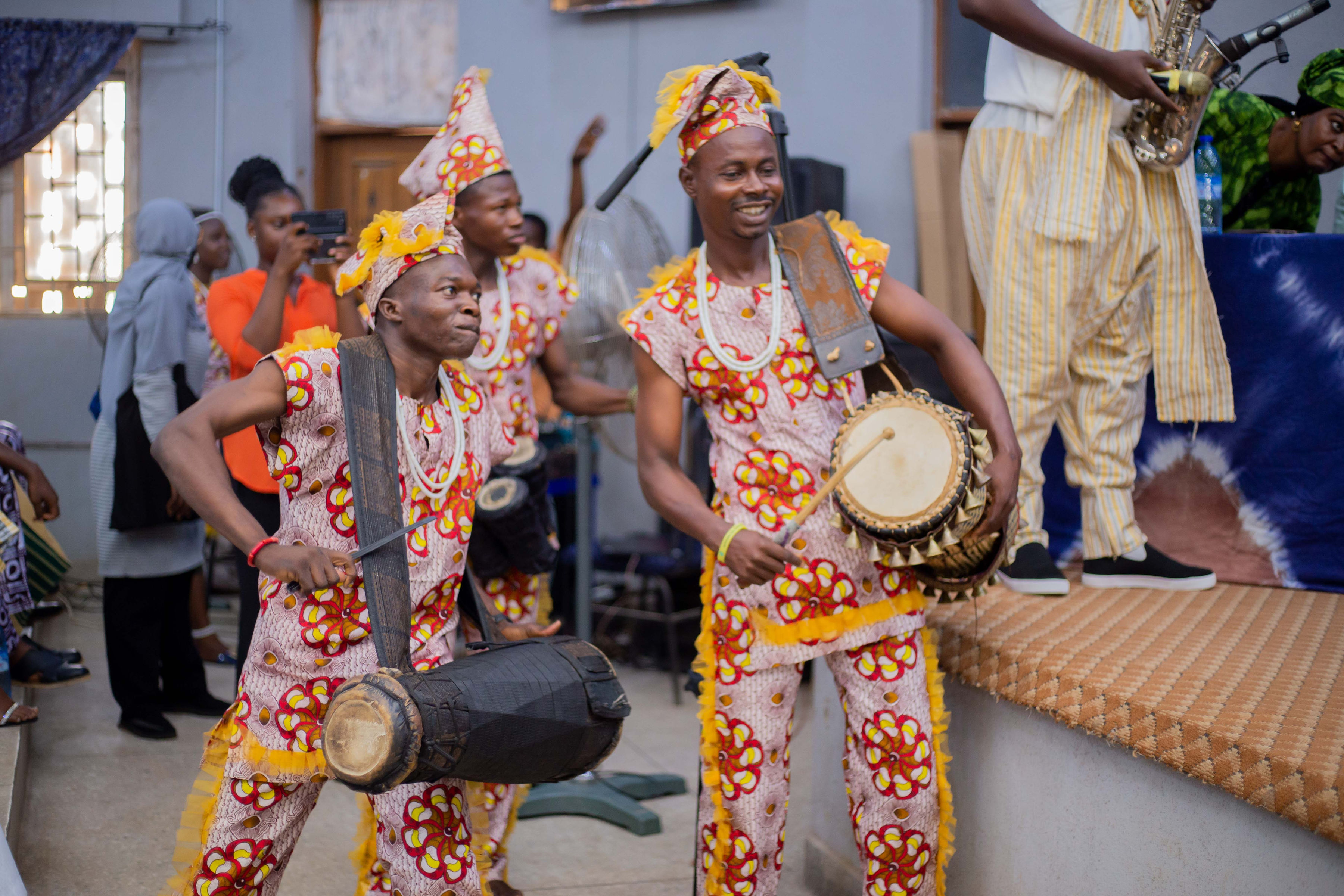
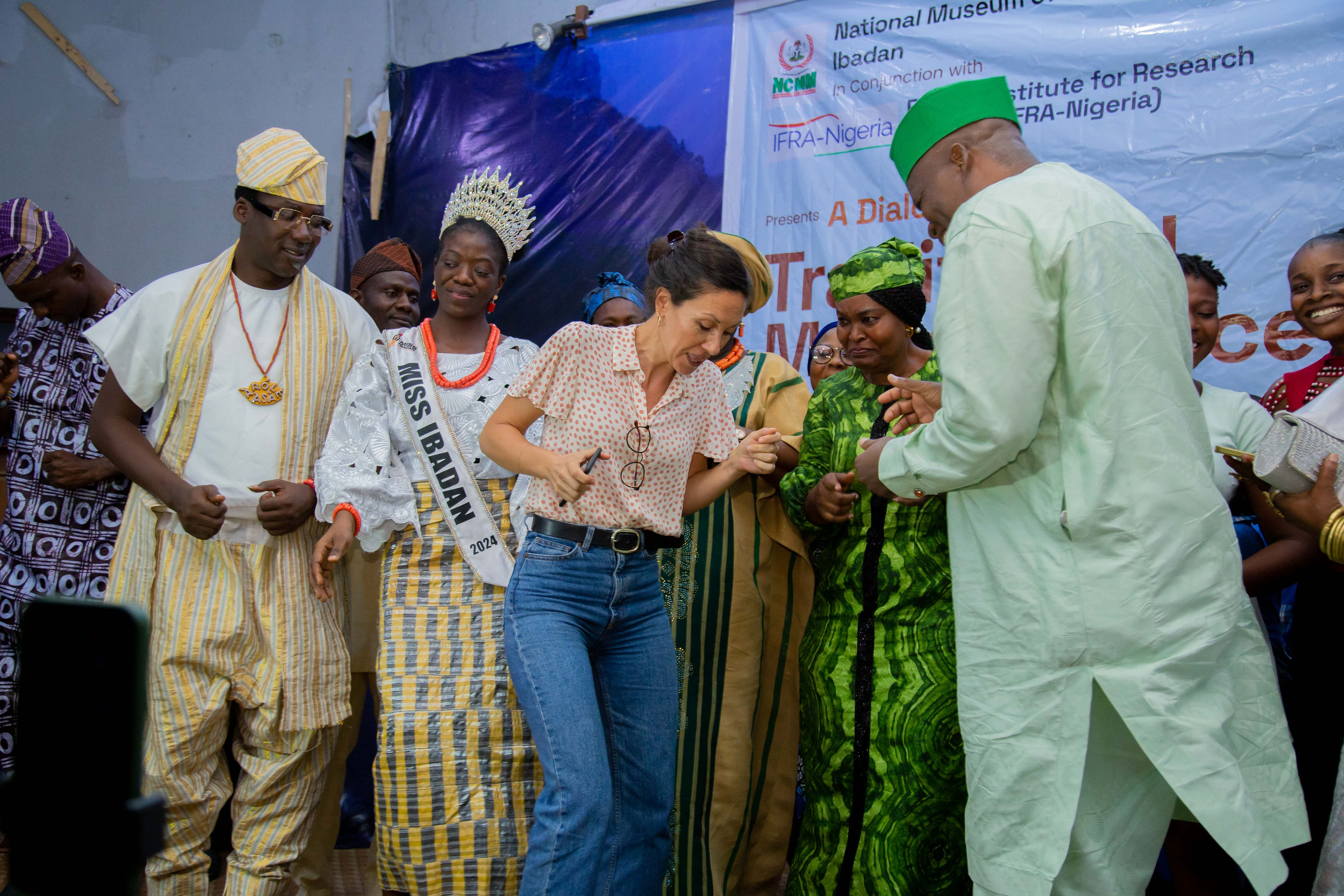
Finally, a dialogue moderated by Adéjọkẹ́ Rafiat Adétòrò brought together the two headliners. Mr Ladipo started by reflecting on his performance, and the need to integrate traditional music in modernity to keep people engaged, to prevent it from disappearing. Dr. Adekola offered his own analysis, noting how the show illustrated the dynamism of Nigerian traditional music. The dialogue delved into the influences of the various Nigerian cultures on traditional music and dance, and on music in Ifá religion. After broaching the topic of economic opportunities in music, they concluded on the challenges of preserving the traditional practices in Nigeria, among which changing tastes and the need for financial resources, including investments from the government.
Their intervention was followed by a Q&A session, in which members of the audience, including students, had the opportunity to ask the panelists questions.
You can find more pictures of the event below!
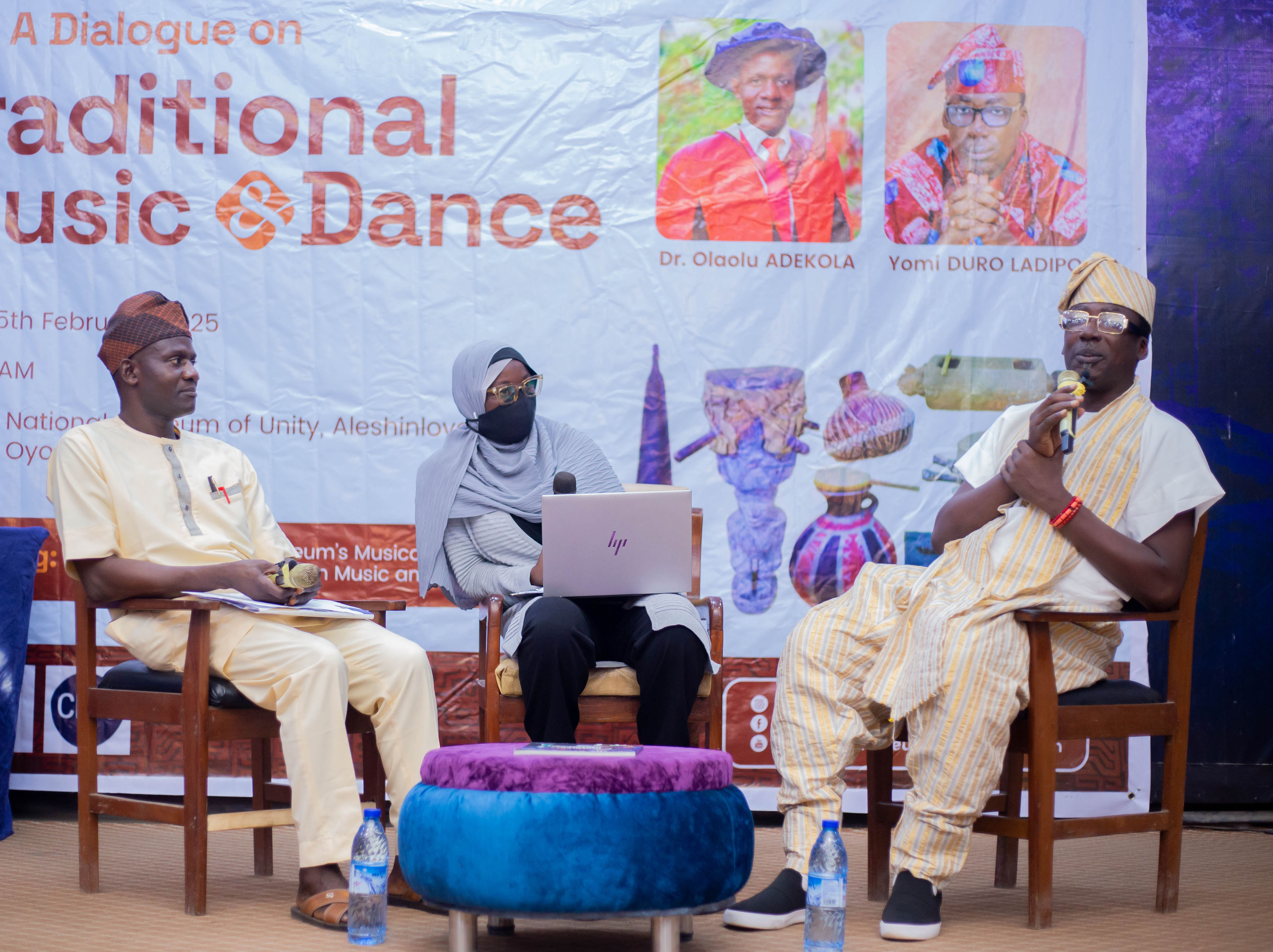
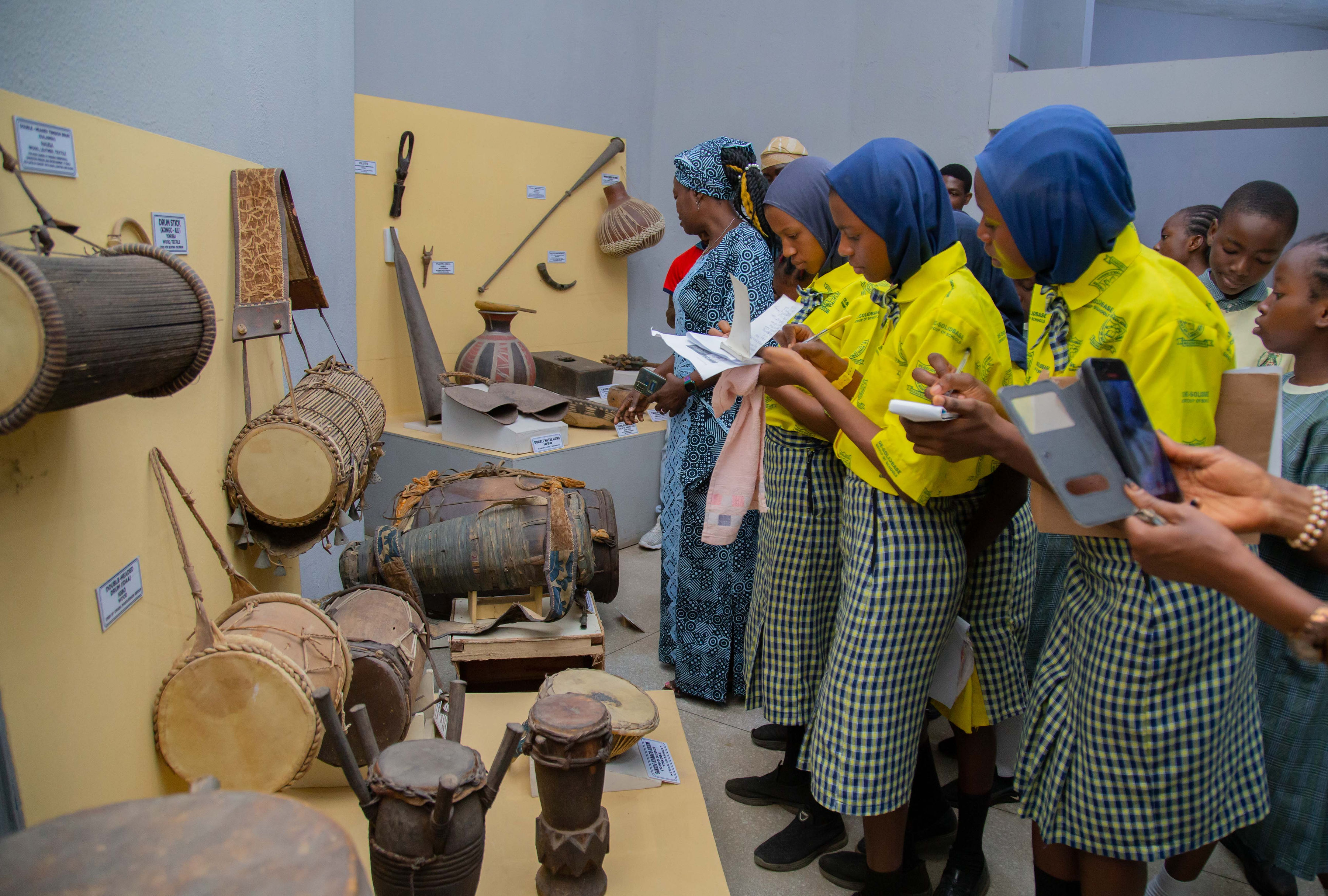
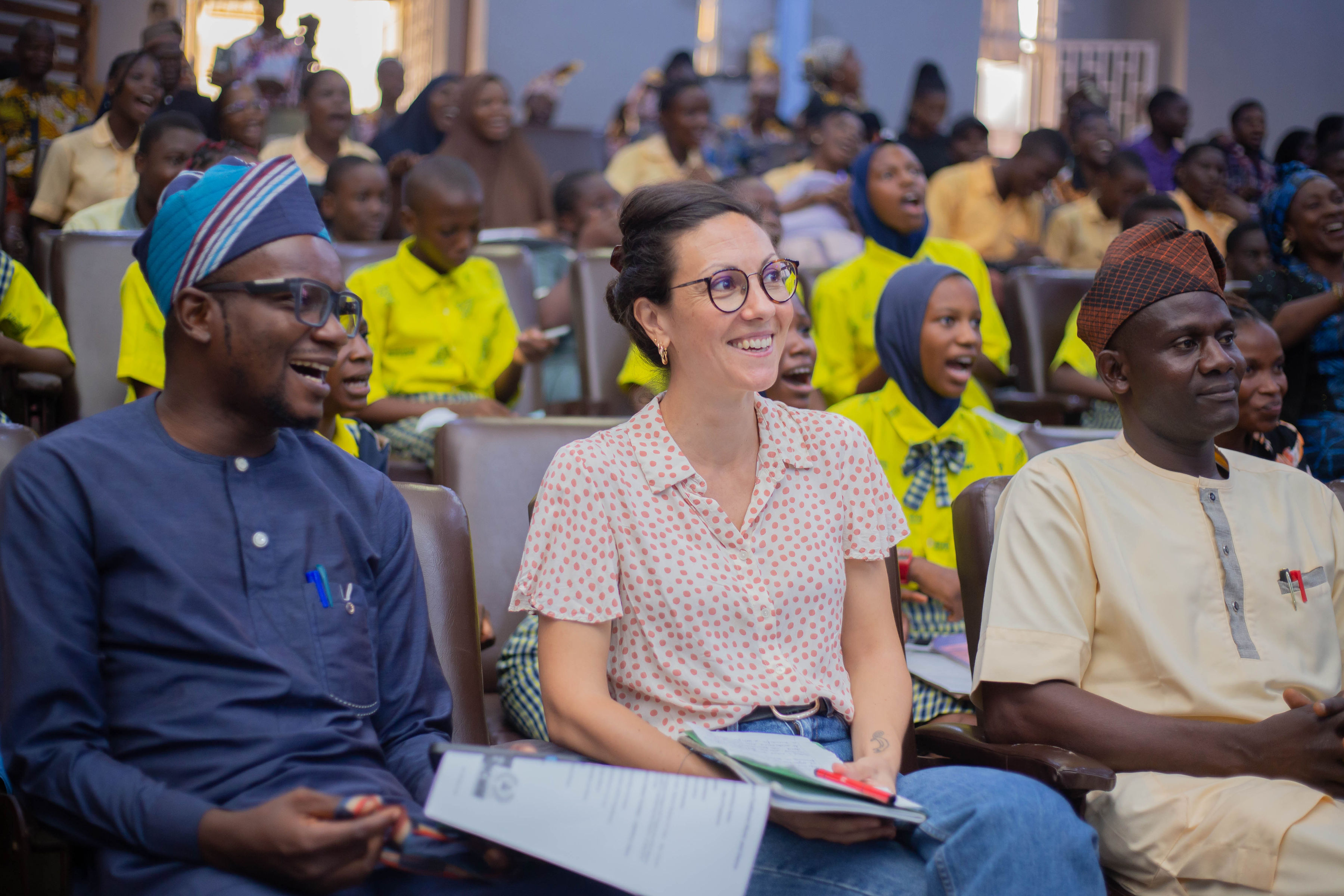
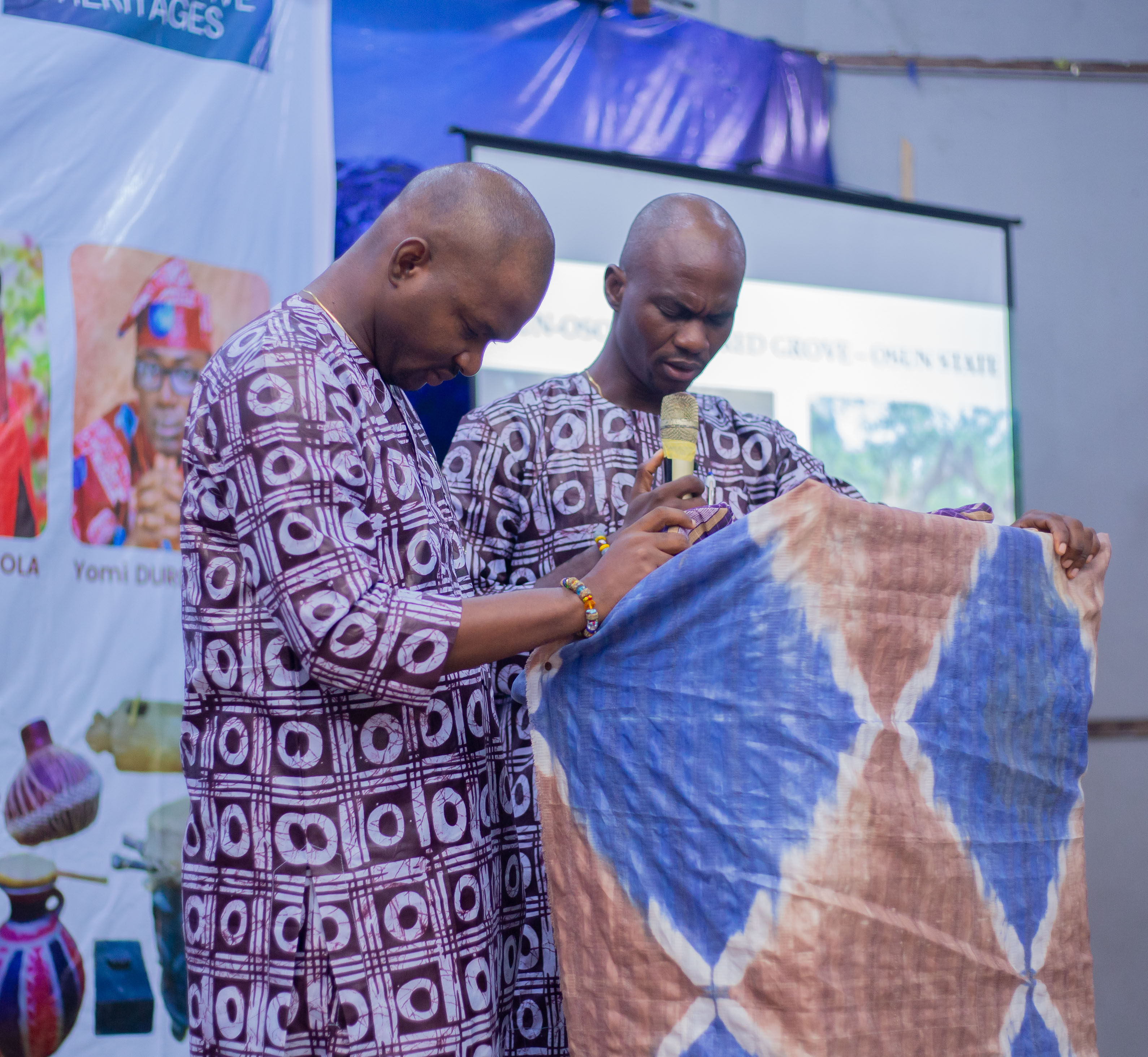
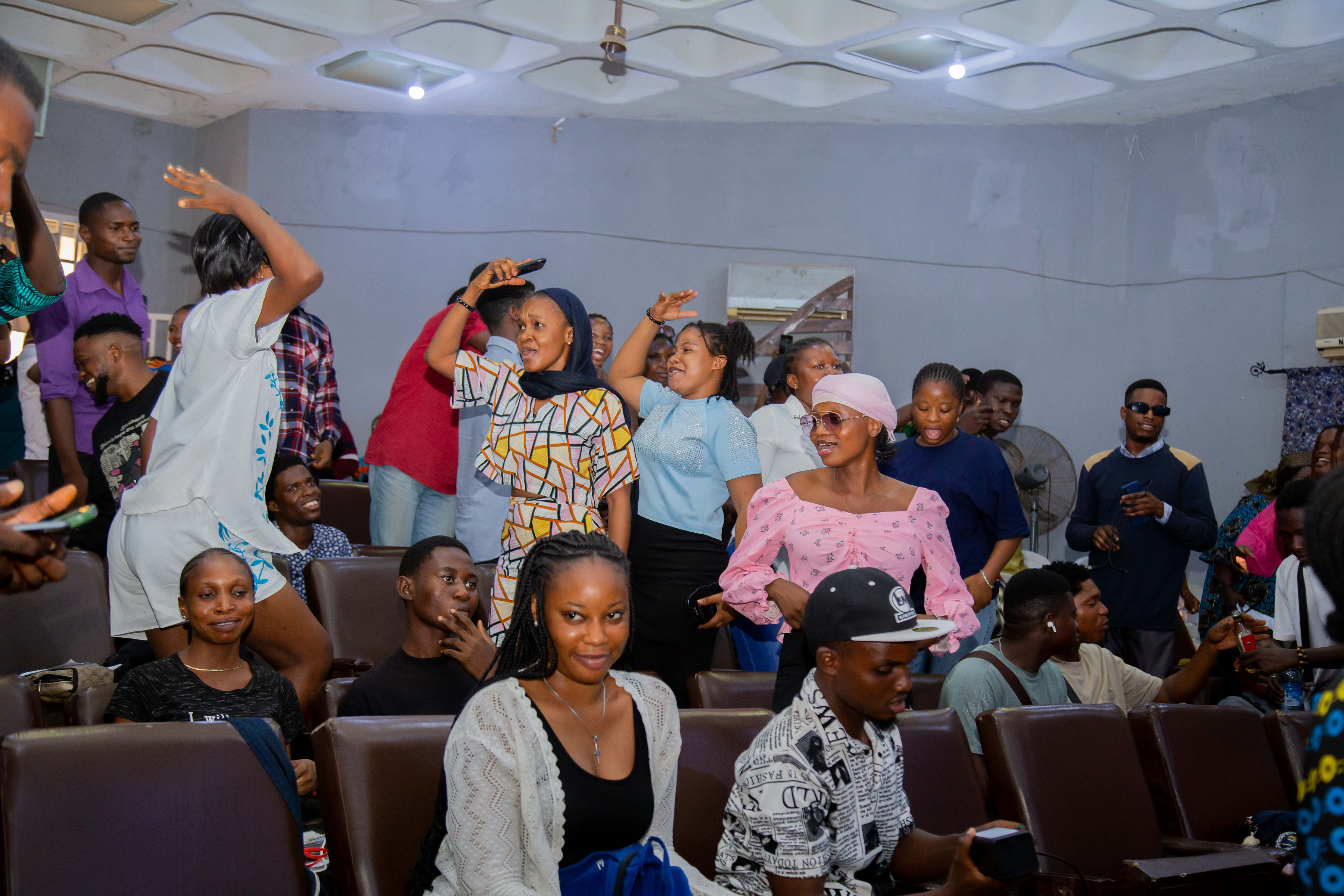
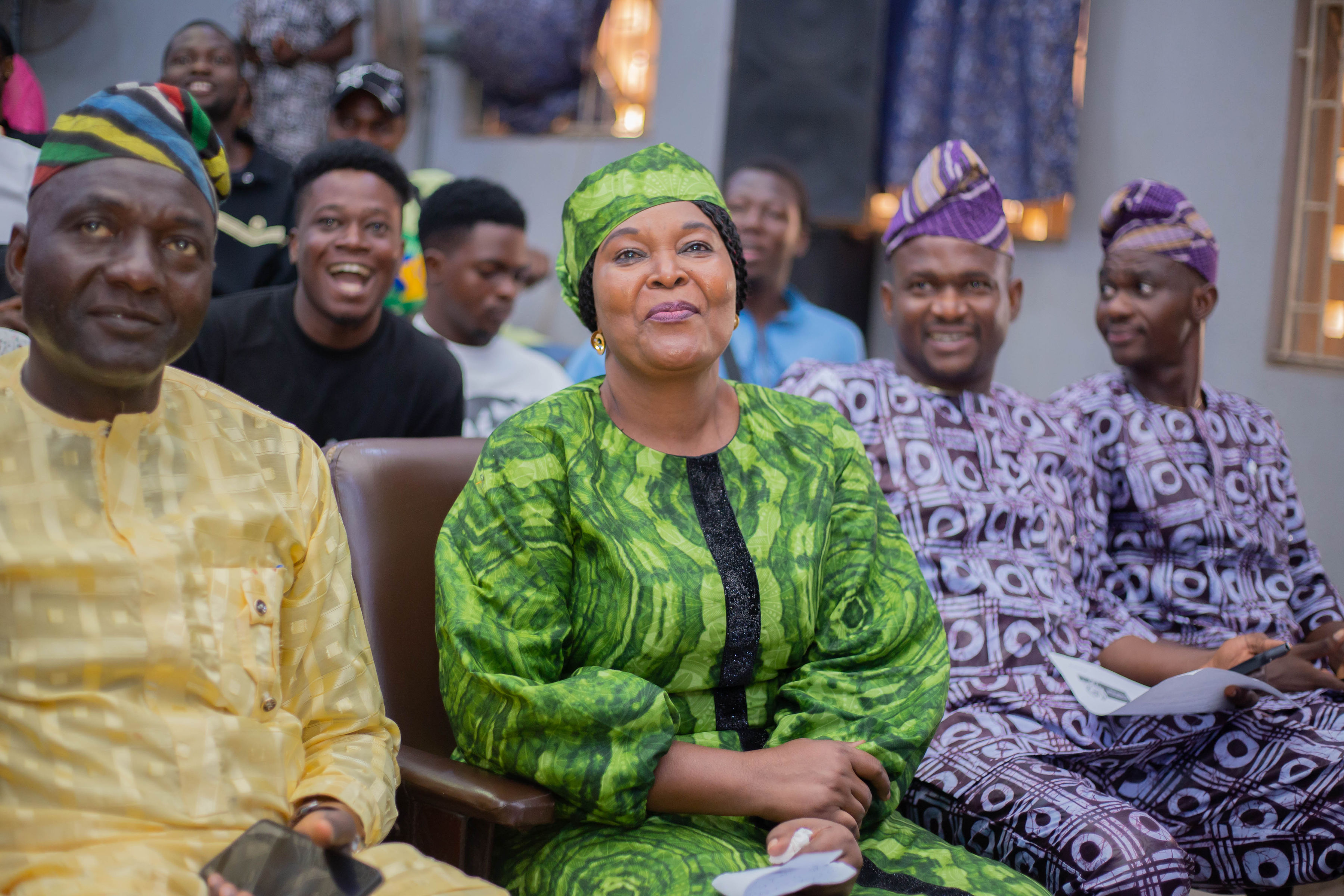
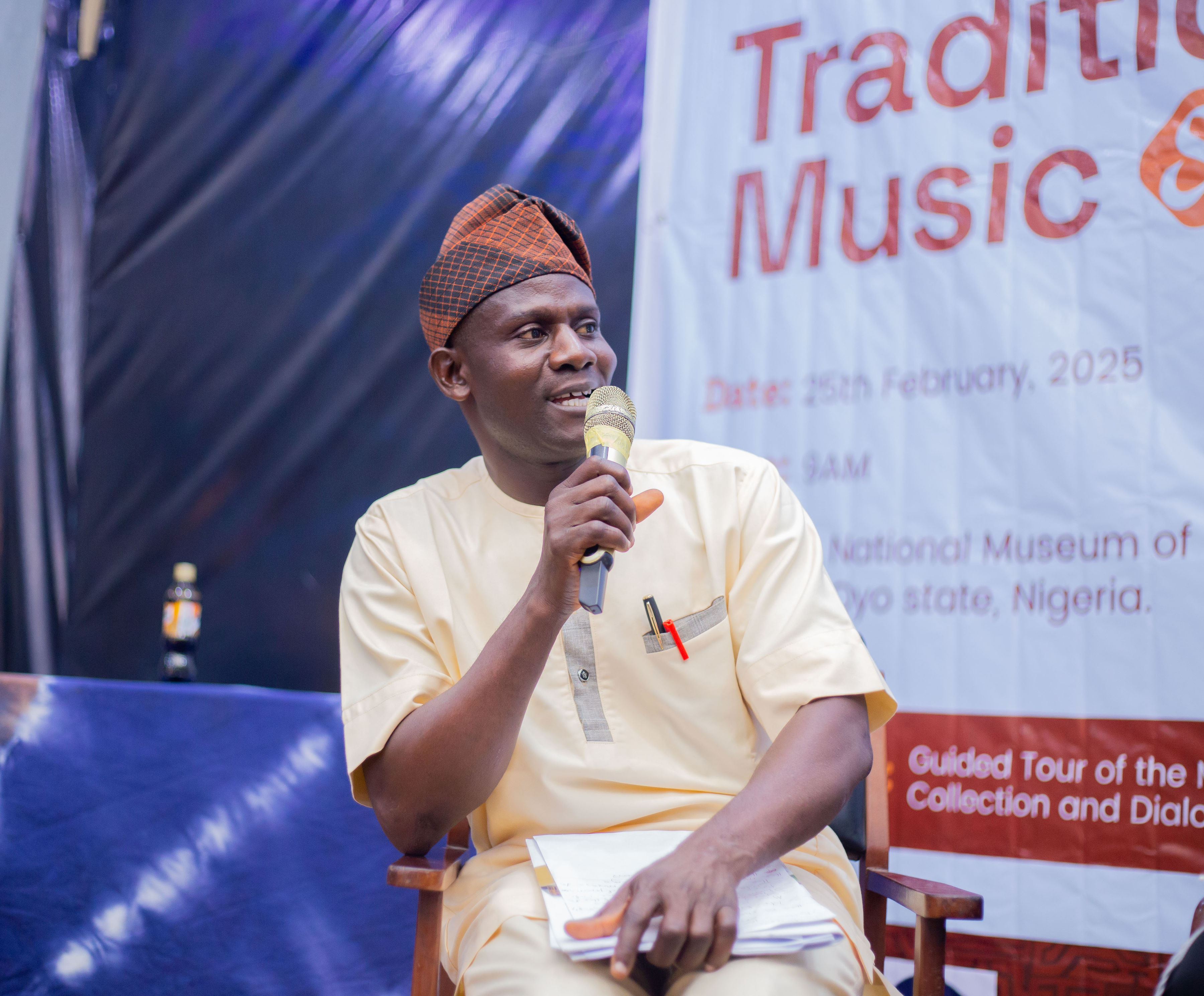
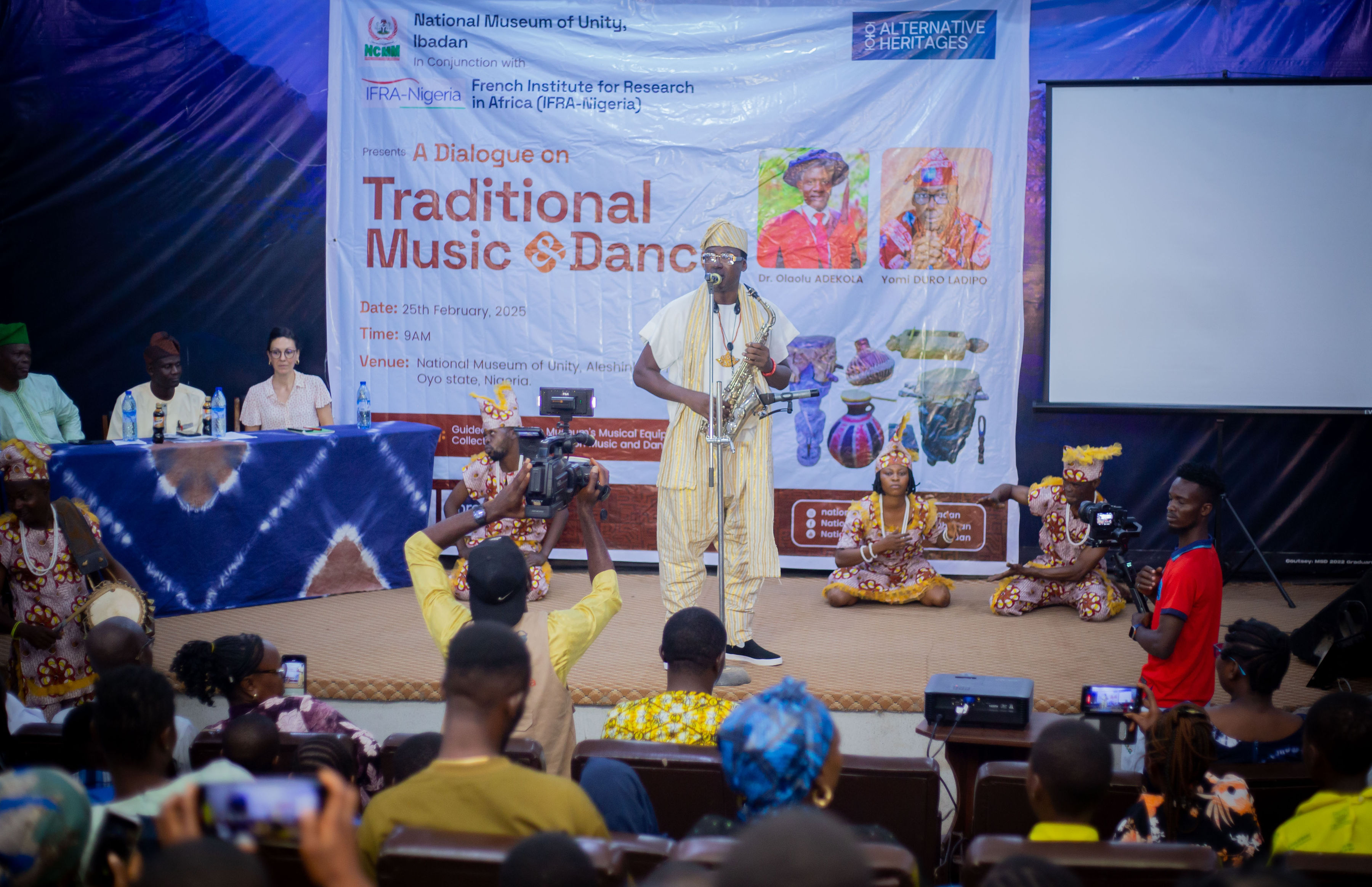

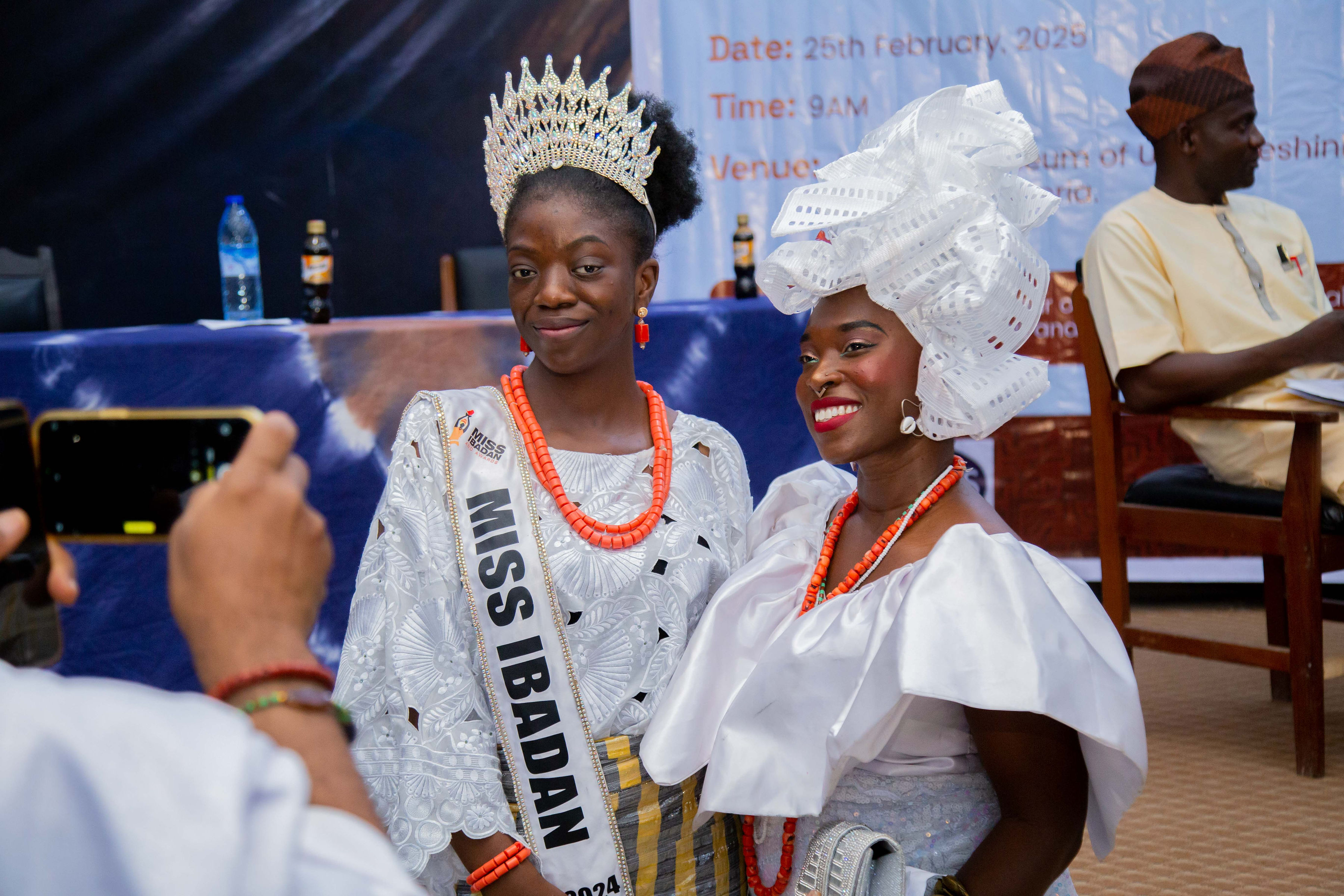
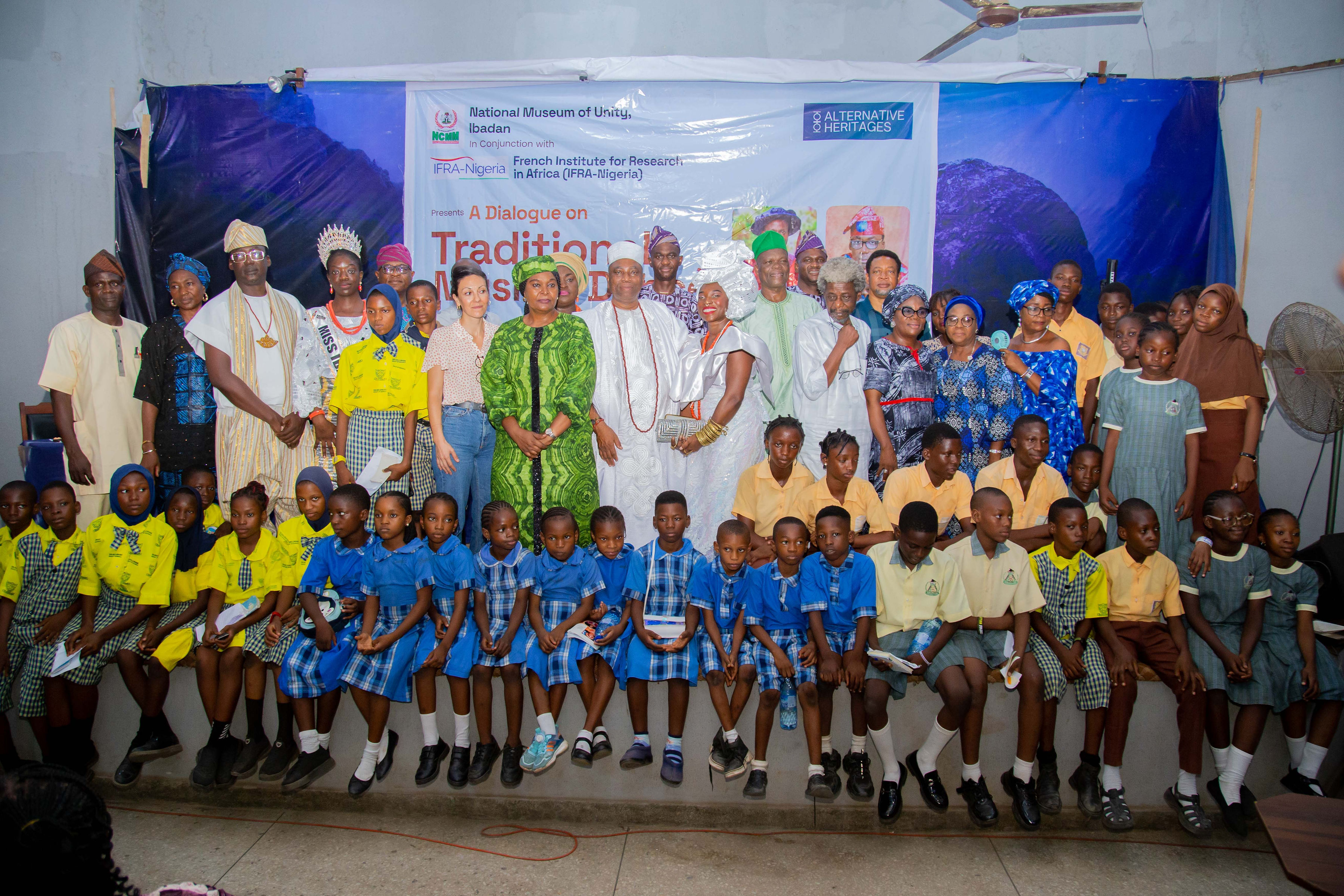

Social Media
Mailing List